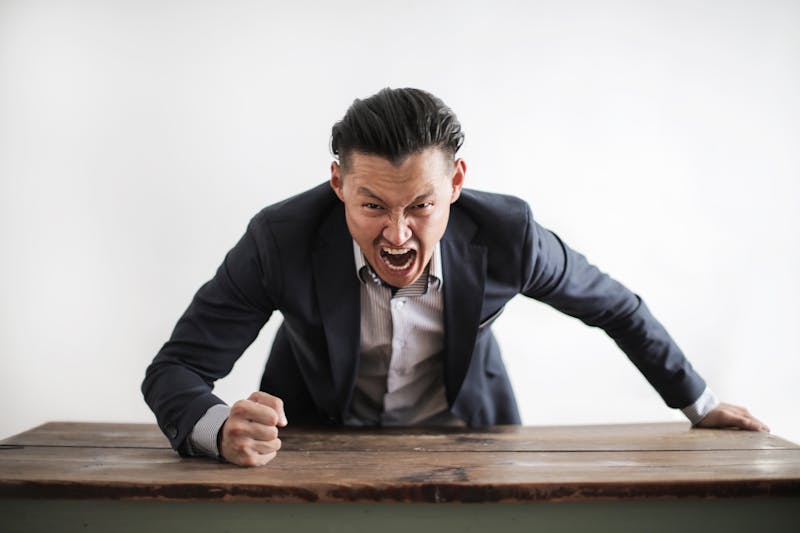
The Visibility Paradox
Growing up with a cleft lip and palate, I mastered the art of disappearing. Not literally, obviously I mean, people could still see me. But I learned how to:
- • Take up as little space as possible
- • Speak quietly so no one would focus on my speech
- • Position myself strategically in photos
- • Walk through crowded places without drawing attention
I became a professional at being present but not really there.
""The irony? The harder I tried to blend in, the more I stood out at least to myself.
The Science of Disappearing
Survival Tactics
But here's what I didn't realize back then while I was busy making myself invisible, I was also making myself smaller in every other way. I stopped:
- • Raising my hand in class
- • Pursuing things I wanted
- • Believing I deserved to take up space
I became so good at hiding that I started hiding from opportunities, relationships, and experiences that had nothing to do with how I looked.
The weird part? Sometimes it worked. People would forget I was different, treat me "normally," and I'd feel this rush of relief. Finally, I thought, I've cracked the code. But that relief always came with a price—I had to keep performing this smaller version of myself to maintain it.
When Invisible Becomes Lonely
💔 The Connection Cost
The Connection Cost
I'd sit in the back of lecture halls, eat lunch alone while scrolling my phone to look busy, and skip social events because they felt too risky. What if someone stared? What if I had to explain my scars? What if, what if, what if...
The paradox was crushing: I desperately wanted to belong, but I'd become so skilled at hiding that belonging felt impossible. How do you connect with people when you're constantly managing how much of yourself to reveal?
The Exhaustion of Performance
The Full-Time Job
I spent years perfecting these performances, and honestly? I got really good at them. Too good. I could read a room in seconds and adjust accordingly. I could make people forget I was different by being extra helpful, extra quiet, extra accommodating. But all that energy spent on managing others' reactions left nothing for figuring out who I actually was underneath it all.
Learning to Be Seen Again
Embracing Visibility
Some days I still catch myself shrinking, still feel that familiar urge to disappear when someone looks at me a little too long. But I'm learning that taking up space isn't just my right it's necessary. Not just for me, but for other people who need to see that different doesn't mean invisible.
🎭 The Plot Twist
The Plot Twist
When I stopped trying so hard to manage everyone else's reactions, I started having real conversations. When I stopped positioning myself strategically in every social situation, I started forming genuine connections. When I stopped performing invisibility, I started living visibly.
The Ongoing Journey
""I'm still learning, still some days wanting to hide, still catching myself making myself smaller out of habit. But I'm done being invisible in plain sight. If I'm going to stand out anyway, I might as well stand out as myself fully, authentically, unapologetically me.
Because the world doesn't need another person trying to disappear. It needs people willing to be seen, differences and all.